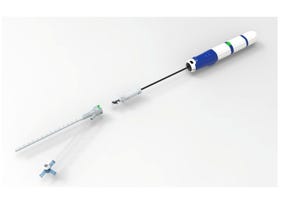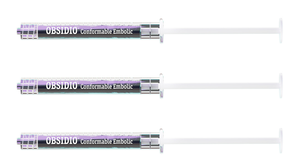Five orthopedics companies have settled with the U.S. Department of Justice over allegations that they may have paid kickbacks to surgeons in return for favoring their hip and knee implants, the Associated Press reports.
September 27, 2007
The five are Biomet, Johnson & Johnson's Depuy Orthopedics, Smith & Nephew, Stryker, and Zimmer.Four of the firms, excluding Stryker, will pay a combined $311 million to settle the claims, reports the Star-Ledger of Newark, NJ. Zimmer will make the largest payment, $169.5 million. All five will pay to have a federal monitor oversee their practices for 18 months. All but Stryker must submit to additional monitoring by the Office of Inspector General for five years.According to the government, surgeons accepted lavish gifts, vacations, and "consulting fees" as high as $200,000 from the firms in return for recommending their products. The government got involved because it decided the practices constituted the defrauding of Medicare. The five firms control nearly 95% of the U.S. market for reconstructive implants.Stryker was spared a fine and the OIG monitoring requirement because it was the first to cooperate. Other fines: $84.7 million for DePuy, $28.9 million for Smith & Nephew, and $26.9 for Biomet. Oddly, DePuy, Biomet and Zimmer are all based in the same town, Warsaw, IN.All firms except Stryker had criminal complaints filed against them, but each of the four signed a "deferred prosecution agreement" that will allow for the criminal complaints to be dropped should they reform their practices to the government's satisfaction. Stryker signed a "non prosecution agreement." Copies of the full complaints and agreements can be found on the DOJ Web site. The government did not identify or charge any surgeons, nor disclose how exactly the schemes worked.Friday morning's Ledger quotes an unidentified attorney from one settlling firm who voiced displeasure at Stryker getting no fine, because the firms believed that all were receiving the same deal. He speculated that the public could come to believe that Stryker did nothing wrong because it paid no fine.It sounds like the practice had become so pervasive in the hip- and knee-replacement markets that the firms felt they had to engage in it in order to compete. That will now end. Hopefully it never got that far in other device markets, but if any has, hopefully this settlement will be enough incentive for the players to cease and desist.
You May Also Like


